society
Bobnel foundation seeks support for world-class centre
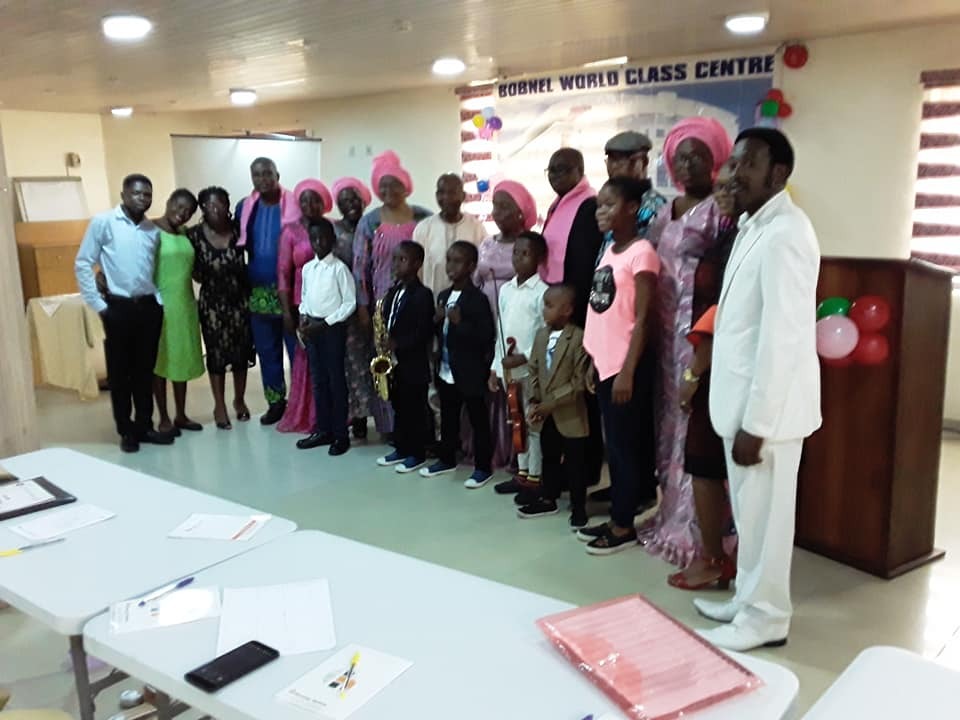
By Ifeoma ikem
Bobnel Child Support Foundation, BCSF, has appealed to the government, corporate bodies, kindhearted individuals and other relevant organizations to support the foundation in its drive to alleviate the pains among the less privileged, physically challenged and vulnerable children in the country.
BCSF founder/Executive Director, Mrs Cornelia Udoenoh, who made the appeal during its 20th anniversary/fundraiser to launch an orphanage Bobnel world-class Centre, said one of the major challenges faced by special and less-privilege children in our society is the inability to access basic shelter and care.
“Today’s launching is an occasion for great joy. We want to take off the streets and provide a proper home for the physically challenged and less privileged.
Hence our aim of completing the Bobnel World-class Centre that will alleviate and bring about and all-round change in their lives. “We have touched the lives of many children; it is our wish to cover all the states of Nigeria.”
Mrs Udoenoh explained that the foundation which birthed on November 16, 1999 through divine revelation and her daughter’s insistence to celebrate her birthday with less privileged at Modupe Memorial Homes,Yaba, has since impacted many lives in society far exceeding the management’s expectations.
Corroborating, chairperson Mrs Oduenyi Okonkwo, who expressed elation at the launching, commended the Bobnel Team and supporters for “giving hope for a better tomorrow” by their commitment over the years and urged everyone to key into the project by donating most generously to actualize it soonest.
“Proverbs 19:17 reminds us that when you give to the poor it is like lending to the Lord, and the Lord will pay you back.”
Guest speaker, Mr Ogie Eboigbe, who spoke on the topic, ‘Charity as a way of life and living,’ defined it as generosity or giving help to the poor, sick or helpless persons, a duty and mandatory command of God to man.
While vouchsaving the integrity of the project, he said one could be charitable in various ways such as “donating our time, giving to the needy, visiting the sick, listening to the depressed and those hurting.”
Meanwhile, the event which was graced by numerous dignitaries and children from various Orphanage home, witnessed the presentation of Awards of excellence to deserving people and cutting of cake amongst others.
society
Kingdom Advancement: God Does Not Confirm Lies or Gossip—He Confirms His Word
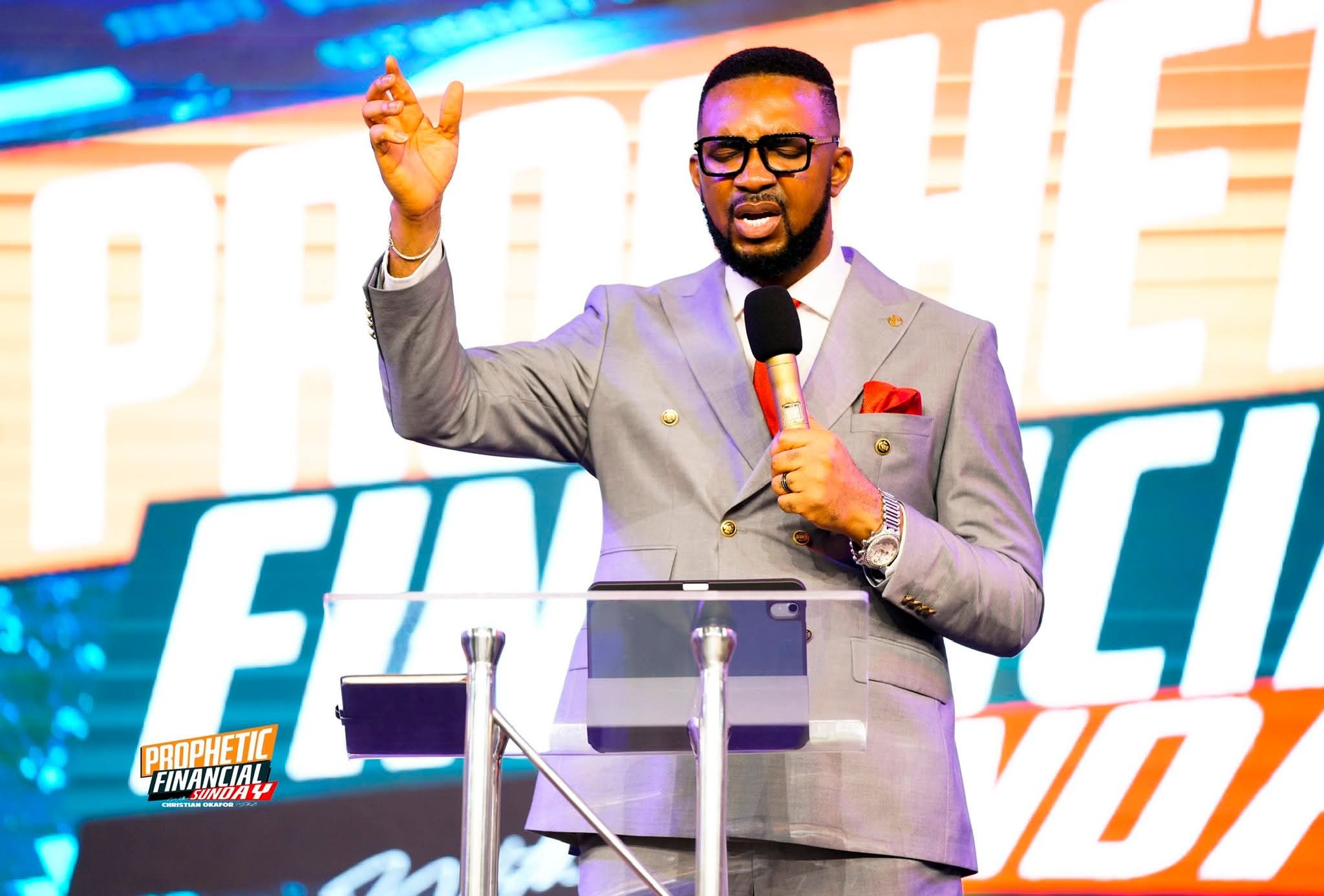
Kingdom Advancement: God Does Not Confirm Lies
or Gossip—He Confirms His Word –
“When Doing Business with God,
People’s Opinions Do Not Count.”
— Dr. Christian Okafor
The greatest investment any Christian can make is partnering with God. According to the Generational Prophet of God and Senior Pastor of Grace Nation Global, Christopher Okafor, when a believer commits to serving and advancing God’s kingdom, no barrier, lie, gossip, or blackmail can prevail against them.
This message was delivered during the Prophetic Financial Sunday Service held on February 15, 2026, at the international headquarters of Grace Nation Worldwide in Ojodu Berger, Lagos, Nigeria.
Doing Business with God
Teaching on the theme “Kingdom Advancement” with the subtitle “Doing Business with God,” Dr. Okafor emphasized that when a believer enters into covenant partnership with God, divine backing becomes inevitable.
“God is still in the business of covenant,” he declared. “When you make a covenant with Him, He honors the terms. When you win souls into the kingdom and remain committed to His work, He rewards you with what you could never achieve by your own strength.”
The Man of God stressed that God does not confirm lies, gossip, or negative narratives—He confirms His Word. Therefore, anyone genuinely committed to kingdom business should not be distracted by public opinion.
“No matter the blackmail or falsehood circulating around you, if you are focused on God’s assignment, those attacks will only strengthen you,” he stated.
He further noted that a believer’s understanding of God’s covenant determines their experience. “Your mentality about God’s covenant becomes your reality. When you truly know the God you serve, no devil can move you.”
Biblical Examples of Kingdom Partnership
Dr. Okafor cited several biblical figures who prospered through their partnership with God:
Abel
Abel served God with sincerity and offered his very best. His sacrifice pleased God, demonstrating that when a master is honored, he responds with favor.
David
David’s heart was fully devoted to God, and in return, God’s presence and favor rested upon him throughout his life.
Hannah
Hannah made a covenant with God, promising that if He blessed her with a child, she would dedicate him to His service. After fulfilling her vow, God rewarded her abundantly, blessing her with additional children.
Peter
Peter, a professional fisherman, surrendered his boat at Jesus’ request for kingdom work. Through that act of partnership and obedience, he experienced supernatural provision and divine elevation.
Conclusion
In closing, Dr. Okafor emphasized that one’s approach to God’s covenant determines the level of success and prosperity experienced. Commitment to kingdom advancement secures divine confirmation and supernatural results.
The Prophetic Financial Sunday Service was marked by prophetic declarations, deliverance, healings, miracles, restoration, and solutions to diverse cases presented before Elohim.
society
Security is a Collective Spiritual Duty, says Obasa
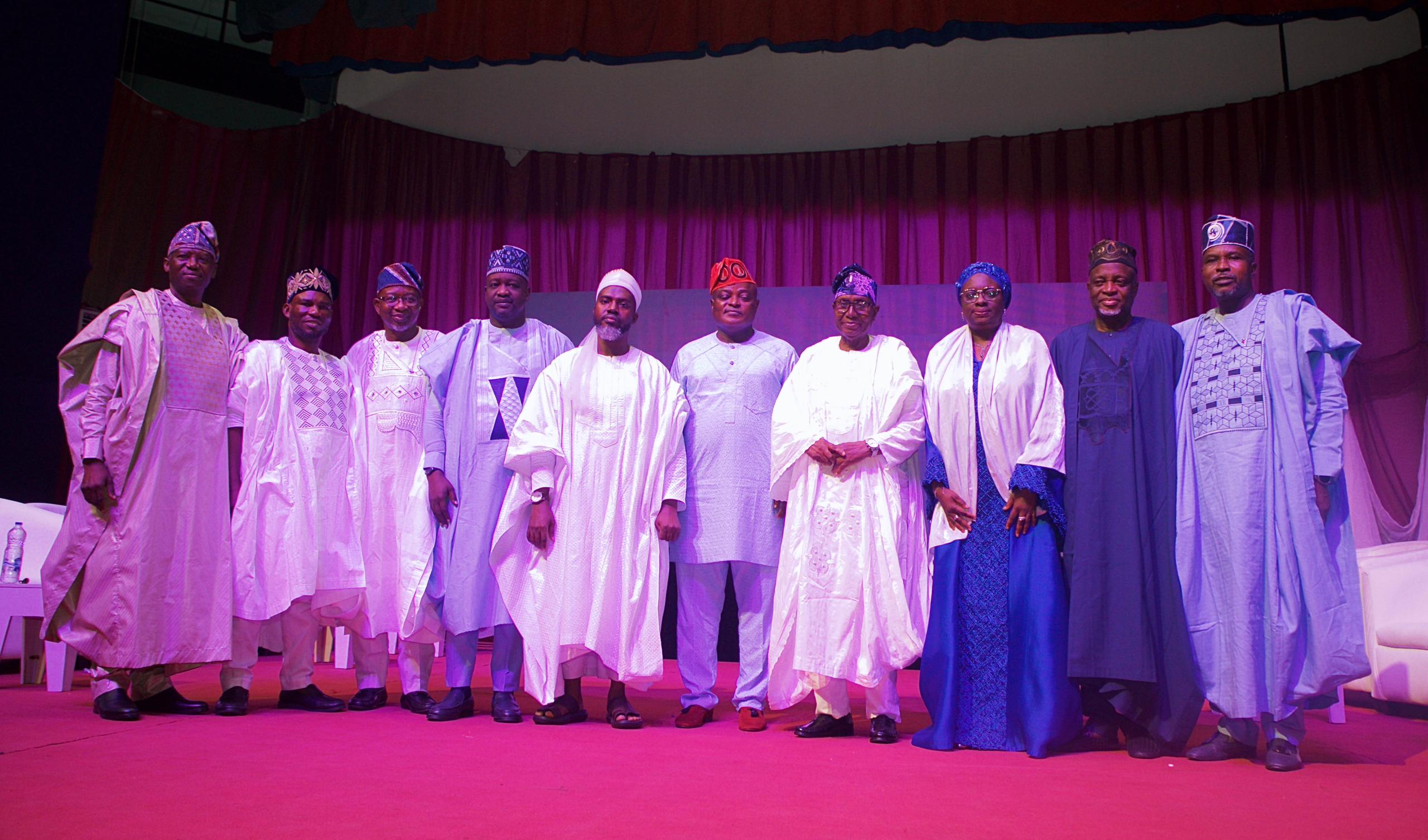
Security is a Collective Spiritual Duty, says Obasa
The Speaker of the Lagos State House of Assembly, Rt. Hon. (Dr.) Mudashiru Obasa has described security as a collective spiritual duty while drawing a parallel between the pursuit of national and state security and the broader spiritual journey toward Jannah (Paradise).
In his keynote address at the 31st Pre-Ramadan Lecture of the University of Lagos Muslim Alumni held inside the cavernous J.F Ade Ajayi Main Auditorium of the institution on Sunday, February 15, 2026, Speaker Obasa described security as not just physical safety but the alleviation of poverty, which he fingered as the major cause of insecurity; upholding transparency, fairness, compassion for the vulnerable, and improved healthcare for all and sundry among other humanitarian acts.
For every desire, Speaker Obasa said, “There must be an input. What we have to do to get to heaven is no different from what we have to do for the security of our society. Insecurity is a function of poverty. Security is not about the police alone; it is about all of us. It is a collective spiritual duty. Every time you see people gathered on your street, don’t just drive past; make enquiries as to who they are.”
He further portrayed security as an act of worship and nurturing faith through selfless deeds that protect communities, prevent oppression, and build unity, adding, “By integrating spiritual light with responsible leadership, believers contribute to a Nigeria where peace prevails, guiding souls collectively toward Paradise while securing the present world as a foundation for the eternal one.”
Describing Lagos as a vibrant melting pot of cultures and faiths, Speaker Obasa said that the government has been able to foster a safe and secure environment by ensuring sustained interfaith dialogues, support for religious institutions (mosques and churches), and legislative efforts to promote harmony without division.
Continuing, Obasa said, “As Muslims, our faith calls us to be custodians of justice, peace, and good governance, and we cannot separate our spiritual obligations from our civic responsibilities.
“In governance, we must uphold transparency, fairness, and service to humanity. In the community and in the family, we must be agents of compassion, supporting the weak, feeding the hungry, and uplifting the oppressed. If we uphold these admonitions, there will be peace, prosperity, and progress in our society, aligning with Quranic calls to stand firm in justice (Surah Al-Ma’idah 5:8) and the Prophetic ideal of benefiting others.”
In his welcome address, Dr Abdulmumini Alao, National President, University of Lagos Muslim Alumni (UMA), said, “Our theme for this year’s lecture – The Light Beyond: Guiding Our Souls to Paradise – challenges us to reflect and aspire. In several verses of the Qur’an, Allah gives us a description of Jannah (Paradise) that will be the permanent abode of the righteous after our temporary stay on earth.”
He added that as is the practice of the UMA, there were two guest speakers; “One teaching us on a spiritual subject, while the other would speak on a contemporary national issue. Therefore, while Dr Ridwan Jamiu’s (Chief Imam, Lekki Central Mosque) topic deals with our spirituality, Prof. Is’haq Oloyede, Registrar of the Joint Admissions Matriculation Board (JAMB) as the lead speaker to address us on national security, which is an issue grabbing the headlines in Nigeria today.”
The Governor of Borno State, Prof. Babagana Umara Zulum, represented by the Deputy Governor, Alhaji Umar Usman Kadafur, was the chairman of the occasion.
The University of Lagos Muslim Alumni is a faith-based alumni body of the association, founded in 1995 by 44 members, with a vision to be a frontline group of conscious and dynamic Muslims with a positive and effective impact on their alma mater and society at large. Its mission is to promote brotherhood, scholarship, entrepreneurship, and the best Islamic practices.
society
More Troubles For Maureen Badejo As Man Accuses Her Of Cows Theft

More Troubles For Maureen Badejo As Man Accuses Her Of Cows Theft
Instead of thaw, more accusations have been heaped on embattled Maureen Badejo as a man accused her of stealing cattle worth seven million naira (N7m).
The man in the trending video said Maureen colluded with an unnamed divisional police officer to commit the crime.
According to him, the owner of the cow is one Babatunde Odus.
He, however , urged those who have fallen victims to Maureen Badejo to come forward with their claim(s).
He said; “I have just obtained video evidence showing Maureen Badejo in the act of stealing cattle valued at over 7 Million Naira. This is the reality of who she is. This woman is not just a thief; she is a serial blackmailer and a destroyer of lives.
“Maureen Badejo was able to commit this crime using a DPO of a police station She has moved from place to place, duping countless individuals and leaving a trail of destruction.
“Enough is enough. The world needs to know that Maureen Badejo is a fraudster.
“If you have been a victim of Maureen Badejo—whether she stole from you, blackmailed you, or scammed you in any way—please send me a direct message immediately. Let’s gather all the cases against her and ensure she is held accountable.”
Recall that Maureen Badejo has been remanded at Kirikiri Correctional Service because she was unable to meet her bail conditions in the defamation suit brought against her by Apostle Joshson Suleiman of Omega Fire Minsitries.
https://www.facebook.com/share/v/18A5DxhqNr/?mibextid=wwXIfr
-

 celebrity radar - gossips6 months ago
celebrity radar - gossips6 months agoWhy Babangida’s Hilltop Home Became Nigeria’s Political “Mecca”
-

 society6 months ago
society6 months agoPower is a Loan, Not a Possession: The Sacred Duty of Planting People
-

 news6 months ago
news6 months agoTHE APPOINTMENT OF WASIU AYINDE BY THE FEDERAL GOVERNMENT AS AN AMBASSADOR SOUNDS EMBARRASSING
-

 Business6 months ago
Business6 months agoBatsumi Travel CEO Lisa Sebogodi Wins Prestigious Africa Travel 100 Women Award








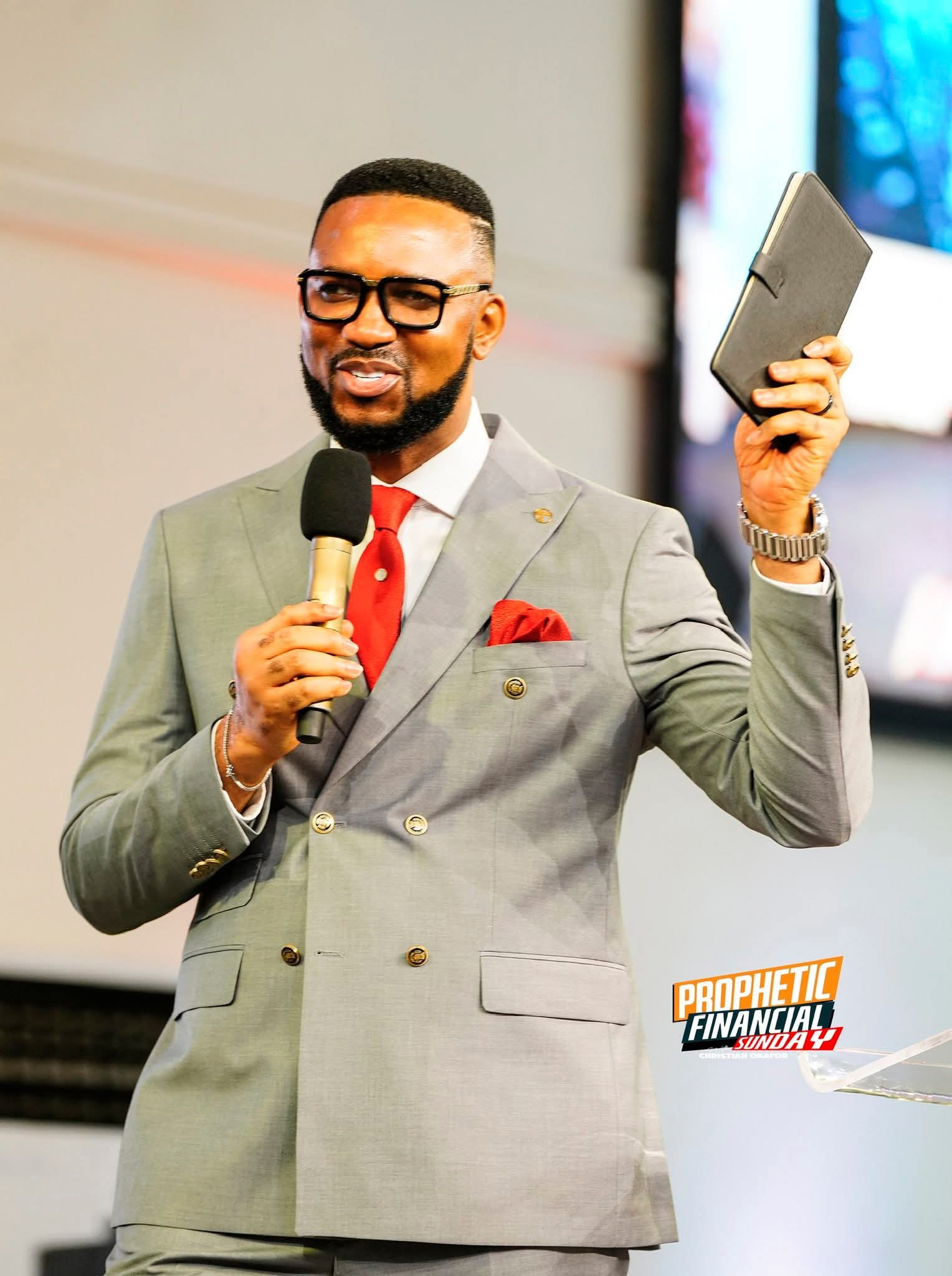
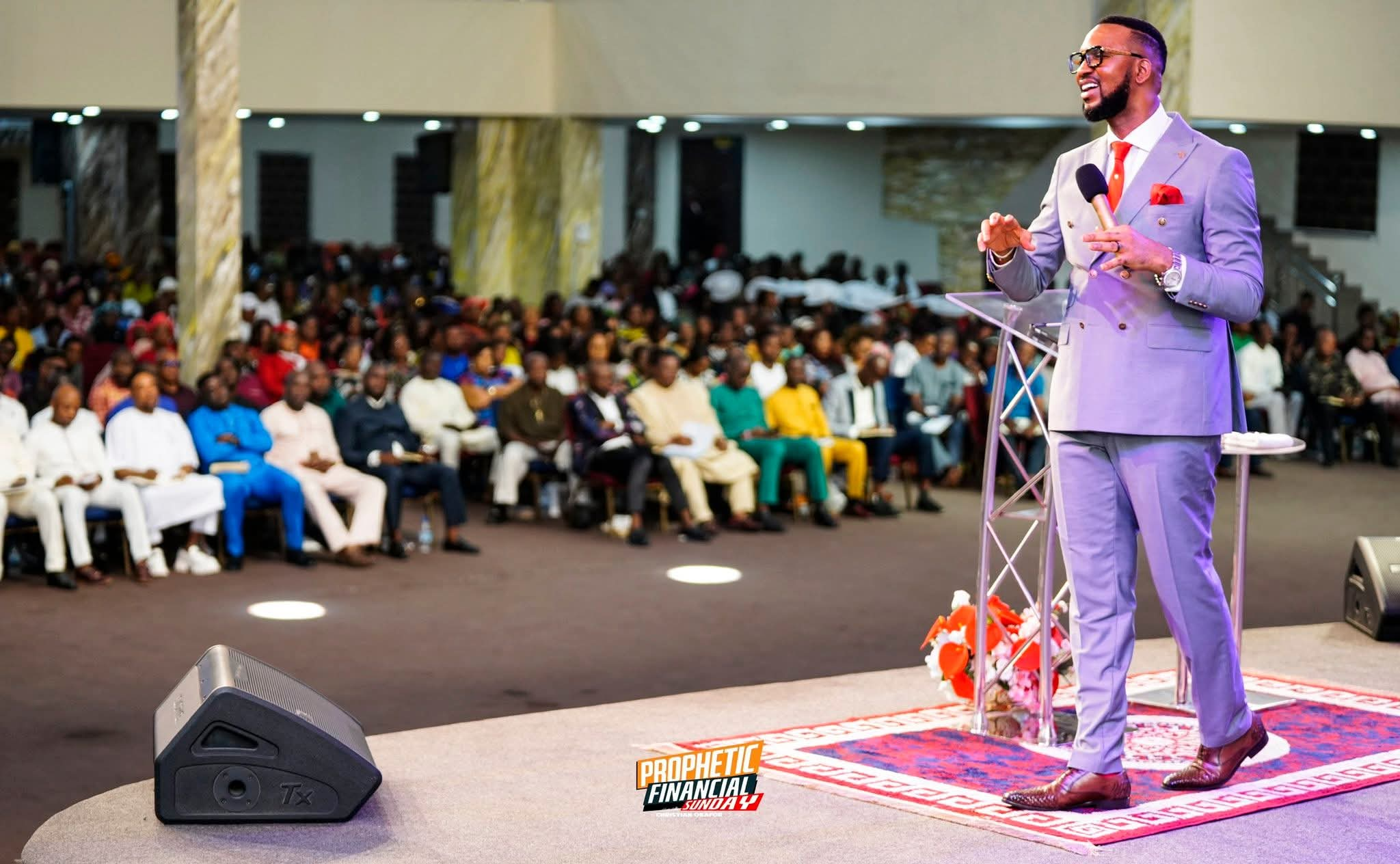
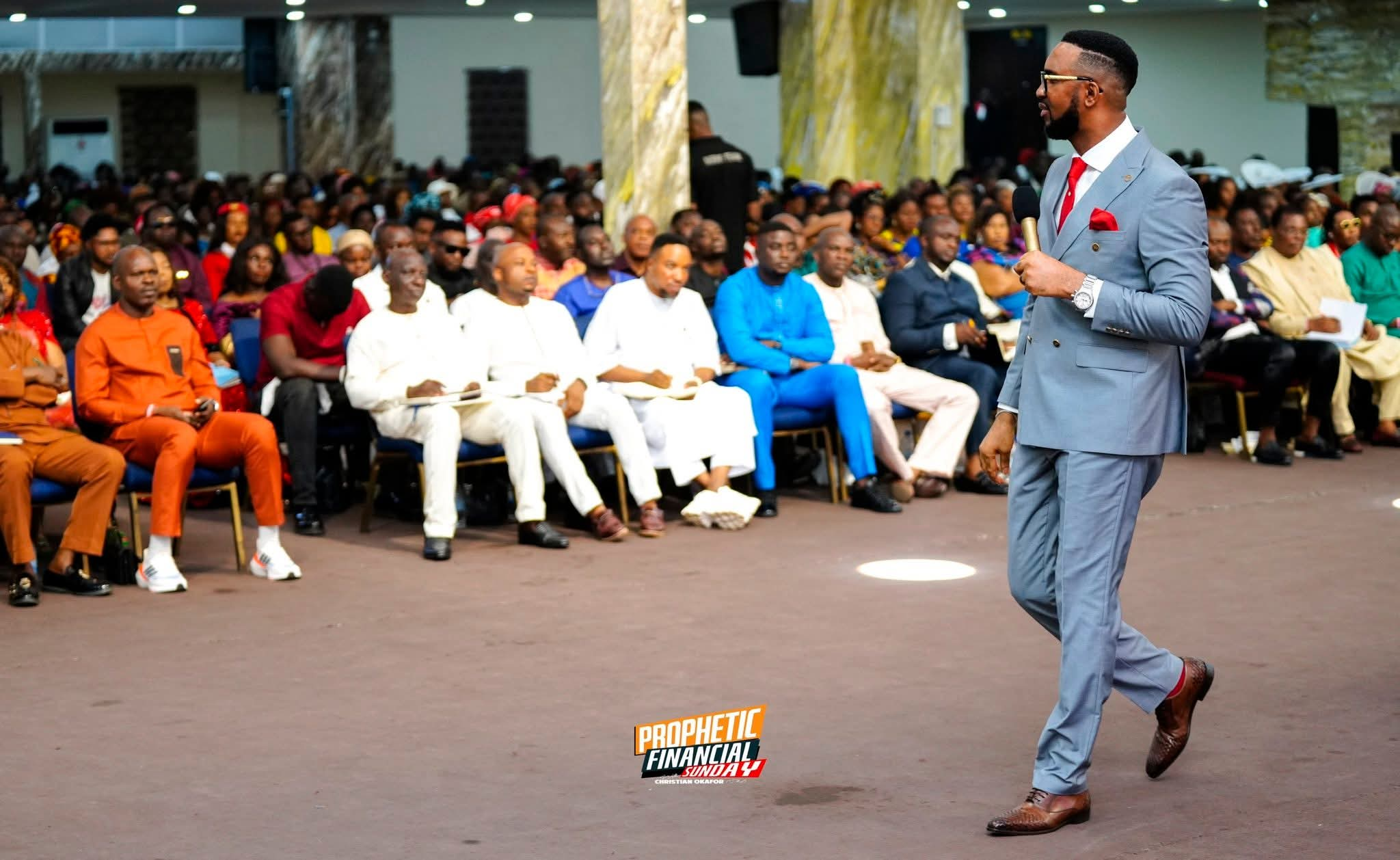
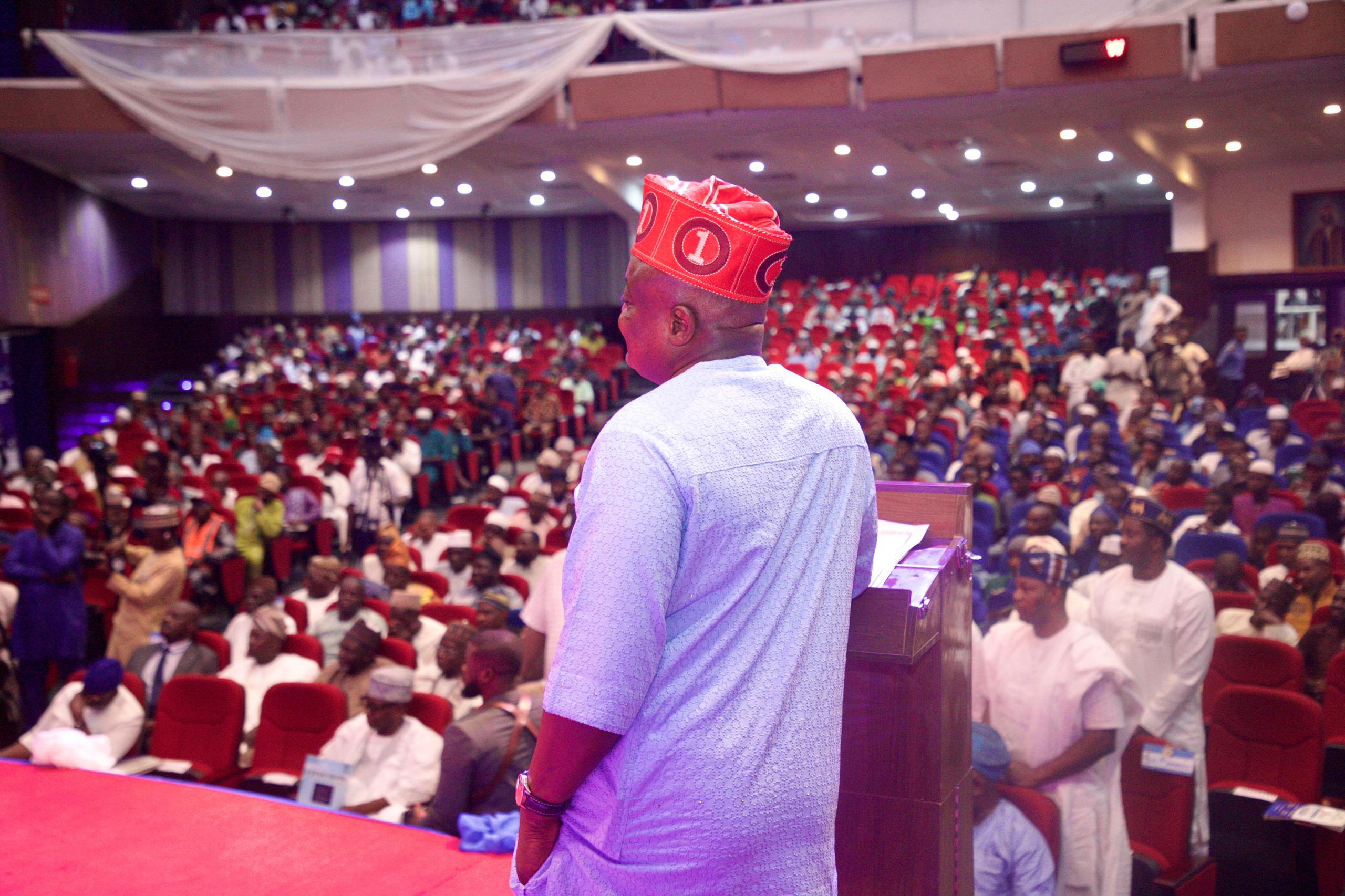
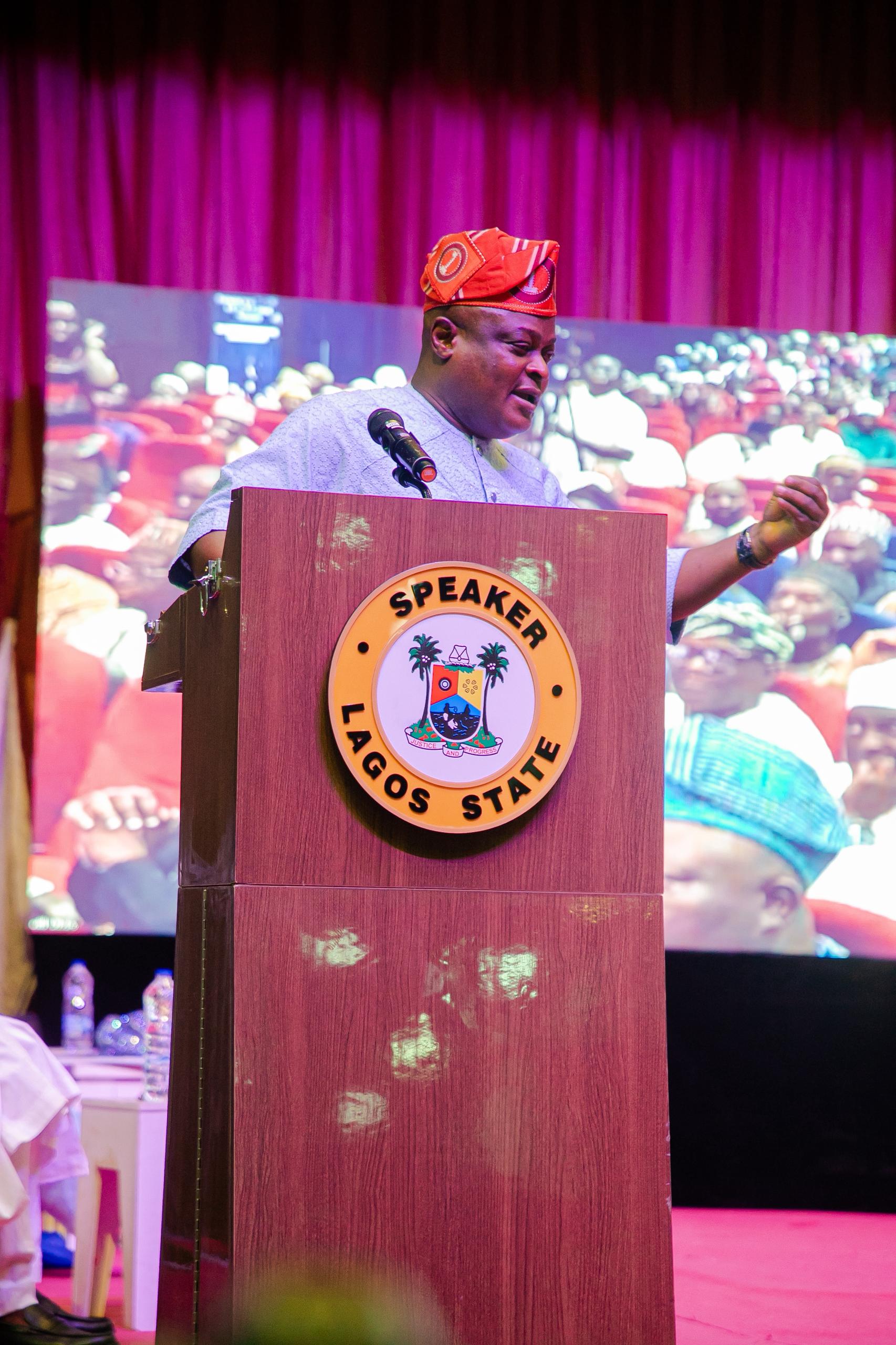
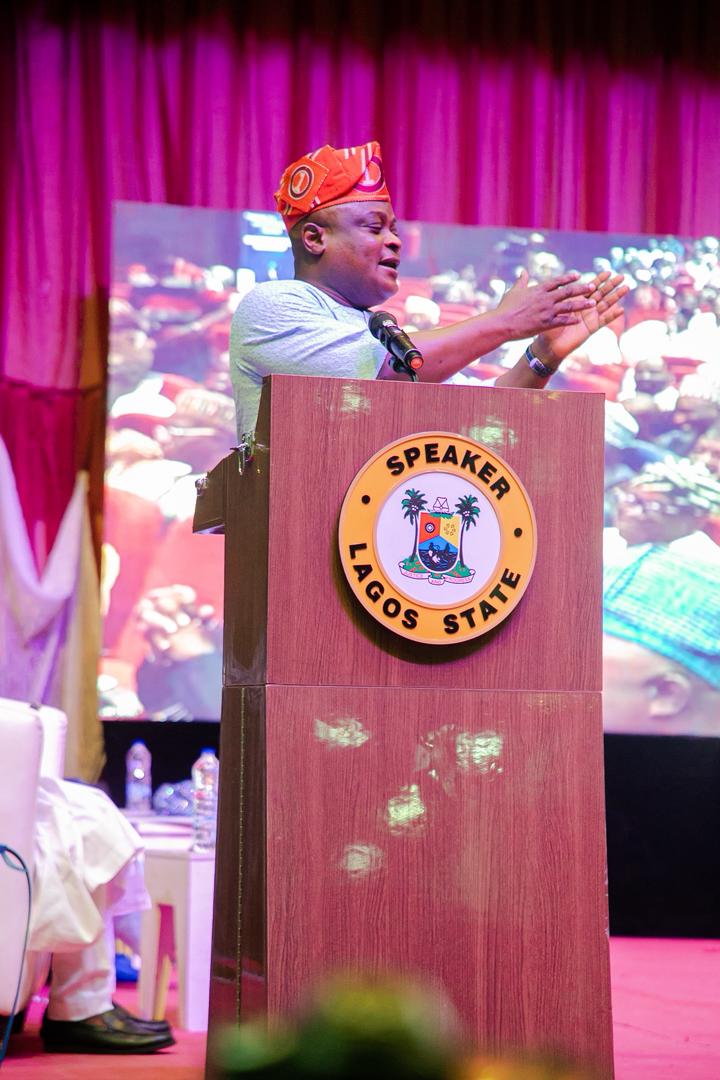

You must be logged in to post a comment Login